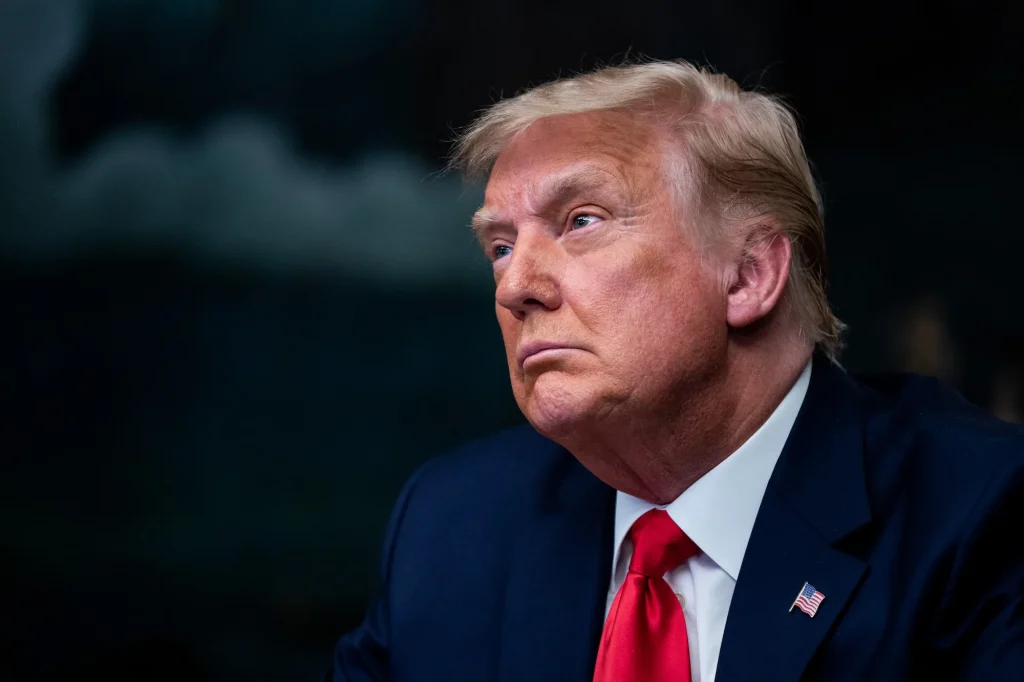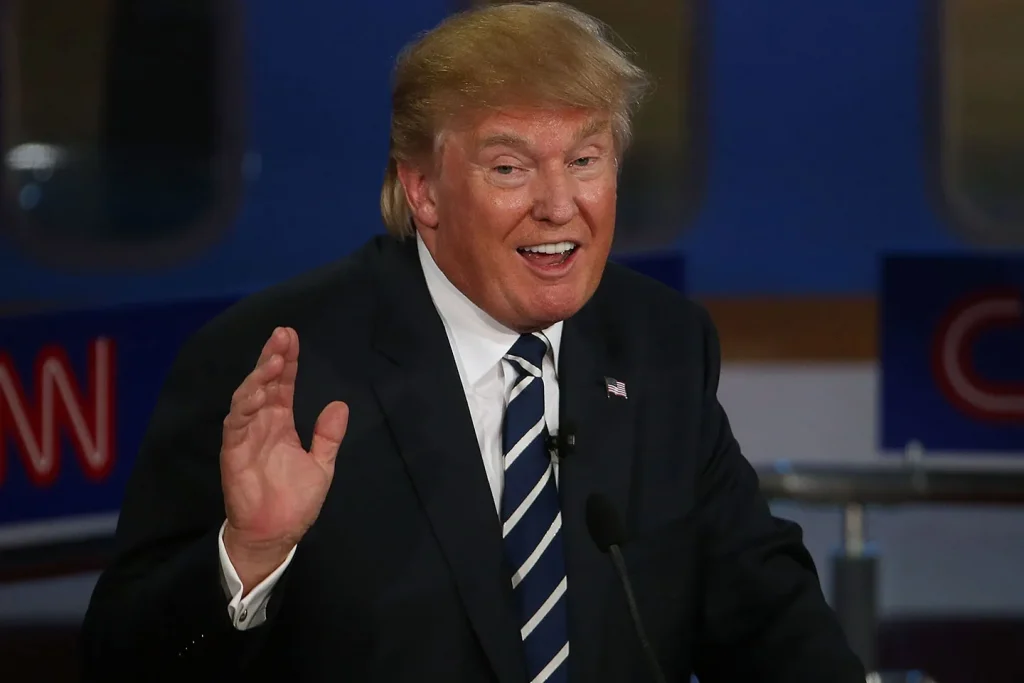Before taking office, Donald Trump faced pressure from lobbyists
The elected president of the United States found himself in the center of opposing influences from American political forces.
According to Reuters, he has to endure pressure between his own desire to improve relations with Russia and pressure from his fellow Republicans for a tougher response to what US intelligence agencies are calling the Kremlin’s interference in the US presidential election.
Presidential candidate Reince Priebus’s tacit admission on January 8 that Russia was behind the hacking of the Democratic Party’s servers means that Trump is losing his wiggle room.
For a long time, Trump refused to accept the validity of intelligence findings that Russia was behind the election hacking—which Russia also denied—or that it was seeking to help the Republican candidate win the November election, arguing that the hacking attempts could have come from China or homegrown a fat hacker who doesn’t get out of bed and doesn’t look up from his computer.

However, since the release last week of an intelligence report accusing Russian President Vladimir Putin personally (of being responsible for hacking into the Democratic Party servers), Russia experts believe Trump will have to face calls for tougher military, diplomatic, economic, and possibly to be disclosed upon taking office on 20 January.
“The new US administration will have to take a substantially tougher stance,” said Niall Gardiner, a Washington-based conservative think tank that influences Trump’s transition team, the Heritage Foundation.
GOP congressmen aware of Trump’s intention to seek détente with Putin, Russia experts say, may be pressuring the new president to refrain from doing what the Russian president wants most — an early easing of the economic sanctions imposed on Russia after its annexation of the Ukrainian Crimea and support of the separatists in the east of Ukraine.
According to US intelligence agencies, Russian spies have moved on to hack into the computers of other individuals and organizations (in the US), including leading think tanks, in what experts see as an attempt to penetrate the depths of future American policymaking.
The Brookings Institution’s Washington-based think tank, headed by renowned Russia expert Strobe Talbott, “underwent numerous attacks the day after the election,” but David Nassar, vice president of external relations at the center, says there is no reason to believe that its systems were hacked.
Republican Senator Lindsey Graham said he and his party colleague,
Senate Armed Services Committee Chairman John McCain, intend to introduce a bill to legislators to impose tougher sanctions than those currently in force. “We’re going to impose sanctions that … hit them in the financial and energy sectors, where they’re least strong,” Graham told NBC.
Retired Marine Gen. James Mattis, the future secretary of defense nominee who faces Senate confirmation this coming Thursday, is expected to favor a tougher course on Moscow than Trump outlined during the campaign. This could put him at odds with Trump’s National Security Adviser candidate, Army Lt. Gen. Michael Flynn, who had cordial relations with the Putin government, and with Rex Tillerson, a Secretary of State candidate who, as ExxonMobil’s CEO, had extensive business dealings. connections with Russia.
If Mattis pushes for a tougher approach to Russia, it could give strength to American supporters of a stronger US military presence in Europe. This, experts say, could include sending reinforcements to US troops in the Baltic States and Poland.
NATO is already planning to deploy an additional 4,000 troops, aircraft, tanks and artillery this year to three former Soviet republics in the Baltic and Poland.
“Europeans in NATO are nervous about Trump,” says one European diplomat. “Any major deal with Russia would fundamentally change NATO’s course and threaten to split Europe,” the diplomat said. “However, we do not expect such a turn. NATO is looking to reassure its Baltic allies, and the US is an important part of containment.”
Some of those who advocate a tough response to the Russian hacks believe that it should include computer counterattacks, possibly leaks of financial information embarrassing some of Putin’s aides and close associates.
So far, the Obama administration has refrained from such actions – at least publicly – for fear that they could escalate cyber warfare that could threaten critical (American) infrastructures such as financial transactions and power supplies.
Despite Trump’s calls to “move on to bigger and better things” after the US exposed the alleged Russian hacks, Republican and Democratic congressmen and senators do not intend to forget these issues in the near future.

In an interview with NBC, McCain said he wants to create a commission to investigate the actions of Russian hackers if he can convince Republican Senate leaders to change their minds. In the meantime, he said, key Senate committees, including the Armed Services and Intelligence Committee, will continue their own investigation.
Experts argue that the results of the investigation into Russian actions will come just as the Trump administration is beginning to develop a full-scale strategy towards the former Cold War adversary. It is likely that these results will become available weeks before a clear picture of Trump’s actual Russia strategy is developed.
“Until [President Trump’s] team is in place, until its work is more or less organized, I’m inclined to believe that we will not get clear answers,” says the former Deputy Assistant Secretary of State for European Affairs, now at the Center Strategic and International Studies Heather Conley.
